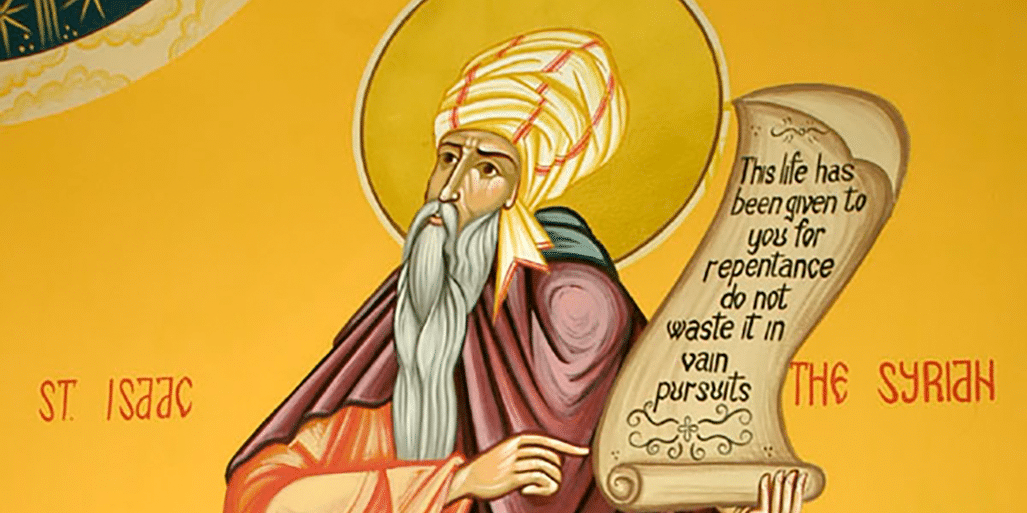The biggest adjustment in becoming Orthodox from a Protestant background is learning how to define terms in the “Orthodox” way. Words like “works”, “energy”, and “salvation” have similar themes to the Western understanding. But some words, like “theology” have an entirely different meaning. The most concise way I’ve heard it phrased is that while the West believes theology is an intellectual exercise of gathering facts about spiritual matters, the East believes theology is an internal exercise of knowing God through prayer.
The Western perspective is summed up succinctly (as most things are) by G.K. Chesterton when he said, “theology is simply that part of religion that requires brains.” To contrast this notion, here’s a collection of quotes from Orthodox Saints, Fathers, and theologians.
For the Church Fathers, theology is experiential:
In the patristic understanding, theology is not what it is thought to mean today (the science of God, analysis and compilation of texts, etc.). For the church fathers, theology is what St. Gregory the Theologian once said: if he sees the Holy Trinity he speaks of it, and if he beholds the Kingdom of God he declares it. This is true, classical theology, accessible only to theologians – those who love God.
-Priest Daniel Sysoev (How Can I Learn God's Will? p.29)
The way to gain spiritual knowledge is through purifying one’s self, rather than accumulating knowledge:
St. Gregory of Nyssa understands that the way to divine knowledge is purity of body and soul. He who is going to ascend must be, as far as it is possible, pure and spotless, both in body and soul.
-Hierotheos Vlakos
The way to purifying one’s self is through ascetic struggle against the passions:
Divine knowledge, once it is awakened in us, teaches us that the perceptive faculty natural to our soul is single, but that it is split into two distinct modes of operation as a result of Adam's disobedience. This single and simple perceptive faculty is implanted in the soul by the Holy Spirit; but no one can realize this singleness of perception except those who have willingly abandoned the delights of this corruptible life in the hope of enjoying those of eternity, and who have caused every appetite of the bodily senses to wither away through self-control
-St. Diadochos of Photiki (Philokalia, Vol. 1 p.259)
Intemperance and a full stomach cloud the mind, distract it, and disperse it among fantasies and passions. The knowledge of God cannot be found in a body that loves pleasure. It is from the seed of fasting that the blade of a healthy understanding grows — and it is from satiety that debauchery comes, and impurity from excess.
-St. Isaac the Syrian (Orthodox Faith and Life in Christ p.125)
Our primary focus for ascetic struggle should be internal, not external:
Seek God daily. But seek Him in your heart, not outside it.
-St. Nektarios of Aegina
Finally, to contrast the intellectual vs. experiential practice of theology, a brief refutation of rationalism:
Rationalism considers the understanding to be an infallible organ of knowledge. Therefore, in relationship with the whole human person, it appears as an anarchic apostate. It is like a branch that has cut itself off from the vine, which can have no full life or creative reality on its own. It is in no state to come to a knowledge of the truth, for in its egocentric isolation it is divided, scattered, and full of gaps. Truth, by contrast, is given to an intellect that has been purified, enlightened, transfigured and deified by the action of the virtues.
-St. Justin (Popovich) of Chelije (Orthodox Faith and Life in Christ p.167)
A huge thanks to Orthodox Quote of the Day for curating (most of) thee quotes. If you haven’t visited their site, it’s a wonderful resource of knowledge for Orthodox Christians.




